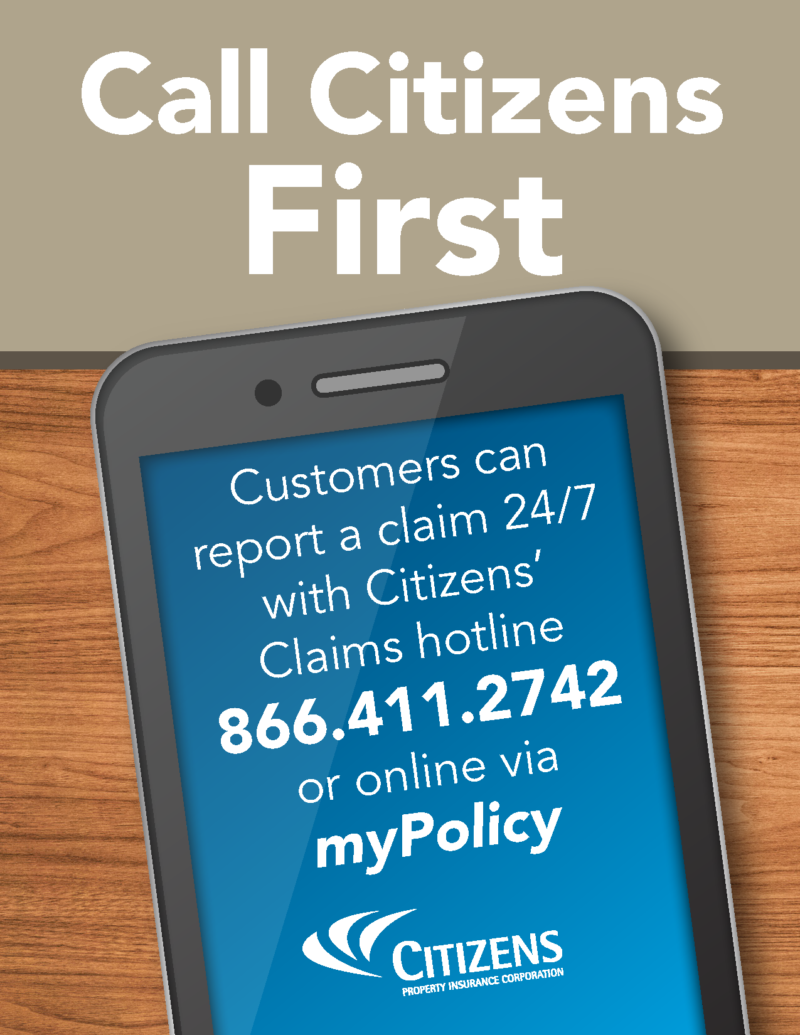
Health Department urges awareness on mosquito-borne illnesses
From the Florida Department of Health
The Florida Department of Health in Bay County (DOH-Bay) emphasizes the importance of Florida’s residents and visitors protecting themselves against mosquito-borne diseases. The public should remain diligent in preventative measures like “Drain and Cover.”
“Frequent rain showers and rising outside temperatures increase the potential for mosquito breeding. Standing water can become potential mosquito breeding habitats. By raising awareness and taking appropriate precautions, we can protect ourselves and our communities from mosquito-borne illnesses”, said Sandon S. Speedling, MHS, CPM, CPH, Administrator and Health Officer DOH-Bay.
DRAIN standing water to stop mosquitoes from multiplying.
- Drain water from garbage cans, house gutters, buckets, pool covers, coolers, toys, flowerpots, or any other containers where sprinkler or rainwater has collected.
- Discard old tires, drums, bottles, cans, pots and pans, broken appliances and other items that aren’t being used.
- Empty and clean birdbaths and pet’s water bowls at least once or twice a week.
- Protect boats and vehicles from rain with tarps that don’t accumulate water.
- Maintain swimming pools in good condition and appropriately chlorinated. Empty plastic swimming pools when not in use.
COVER skin with clothing or repellent.
- Clothing – Wear shoes, socks, and long pants and long-sleeves. This type of protection may be necessary for people who must work in areas where mosquitoes are present.
- Repellent – Apply mosquito repellent to bare skin and clothing. Always use repellents according to the label. Repellents with DEET, picaridin, oil of lemon eucalyptus, para-menthane-diol, 2-undecanone and IR3535 are effective. Use mosquito netting to protect children younger than 2 months old.
Tips on Repellent Use:
- Always read label directions carefully for the approved usage before you apply a repellent. Some repellents are not suitable for children.
- Products with concentrations of up to 30 percent DEET (N, N-diethyl-m-toluamide) are generally recommended. Other U.S. Environmental Protection Agency-approved repellents contain picaridin, oil of lemon eucalyptus, para-menthane-diol, 2-undecanone or IR3535. These products are generally available at local pharmacies. Look for active ingredients to be listed on the product label.
- Apply insect repellent to exposed skin, or onto clothing, but not under clothing.
- In protecting children, read label instructions to be sure the repellent is age appropriate. According to the Centers for Disease Control and Prevention (CDC), mosquito repellents containing oil of lemon eucalyptus or para-menthane-diol should not be used on children under the age of three years. DEET is not recommended on children younger than two months old.
- Avoid applying repellents to the hands of children. Adults should apply repellent first to their own hands and then transfer it to the child’s skin and clothing.
- If additional protection is necessary, apply a permethrin repellent directly to your clothing. Again, always follow the manufacturer’s directions.
COVER doors and windows with screens to keep mosquitoes out of your house.
- Repair broken screening on windows, doors, porches, and patios.
The Department continues to conduct statewide surveillance for mosquito-borne illnesses, including West Nile Virus, Eastern Equine Encephalitis, St. Louis Encephalitis, Malaria and Dengue. For more information on mosquito-borne illnesses, visit DOH’s Web site at www.floridahealth.gov.














